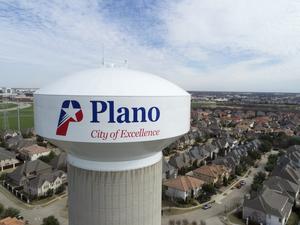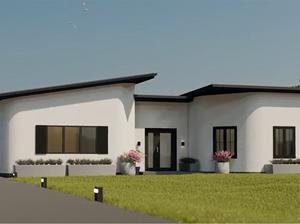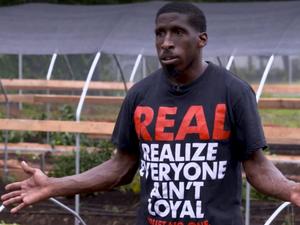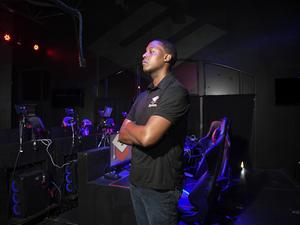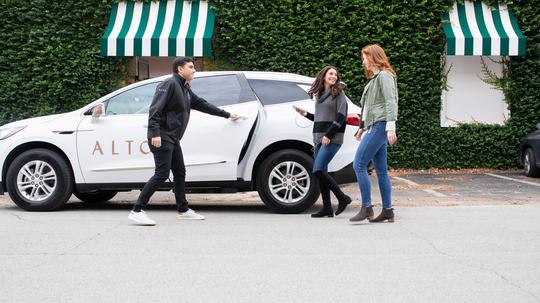
Anyone who has ever opened a rideshare app in the DFW Metroplex can tell the region is a competitive market. But one local rideshare company is looking to shake up the way the service is done by focusing on its drivers and providing a safe, consistent experience to riders.
Alto launched in Dallas in February 2018. And with its company-owned fleet of cars, W-2 employees and safety features, the company is hoping to find a different, more targeted part of the rideshare ecosystem. Recently marking the milestone of more than 30,000 rides in the city in the past eight months, Alto is growing and looking to prove its viability to investors.
“We built Alto to really address a set of needs that we felt were unmet in the market. In particular we are trying to deliver a safe, consistent and high-quality experience in every ride,” said Will Coleman, founder and CEO at Alto. “We see our product as the ride itself, not just the app, and so we focus on really delivering that product: the ride. At our core, we’re a service company.”
In order to deliver a safe and consistent ride, Alto’s drivers are employees rather than independent contractors. By employing its nearly 100 full- and part-time drivers, Alto is able to better train them. Technology integrated into the company’s vehicles is able to video-monitor the interior and exterior of the car, while also tracking data about the vehicle regarding things like speed, fuel levels and rate of deceleration. This allows Alto to review any dangerous events or crashes while on the road, helping the driver to better understand how to avoid similar situations.
“We can really see and grow from those experiences in a way that we don’t think anyone else can,” Coleman said.
Because drivers are employed, Alto is also able to interview and carefully select its drivers, who are all background checked and fingerprinted. In addition, they are given healthcare benefits, and are paid hourly, rather than based on the number of rides. Although, drivers are given bonuses at the end of the month for safe driving. The company believes that by doing this, its drivers will believe more in the values and mission of the company, while also providing better experiences for customers. Coleman also said it has helped the company retain drivers at two to three times the rate of other rideshare companies.
"We know that we're not going to serve everyone, but that’s not really our goal."
“Our drivers interact with every customer, so if they don’t believe in what we’re doing, if they don’t believe in what we’re creating for them, then we're never going to be able to create a great experience for our passengers,” he said.
In addition to investing heavily in its drivers, Alto also has a different business model than other rideshares. The company is not looking to be the closest to the rider or to have the most vehicles on the street. Instead, Alto tries to provide wait times that are always consistent. When a customer orders an Alto car, the average wait time is about 10 to 15 minutes. Coleman said that he thinks for the quality of the ride, customers are willing to plan their ride.
Alto is also targeting customers that are willing to commit to and engage with the company. The company offers monthly subscriptions for its service. Without a subscription, a guest user can still order a ride, but with a $4 booking fee. Coleman said customers are one of the biggest drivers of its growth in the community in terms of advertising, responding positively to questions about referral to friends and family at a significantly higher rate than other large rideshare companies.
“We know that we're not going to serve everyone, but that’s not really our goal,” Coleman said. “We’re looking for people who are willing to pay a few extra bucks, because they know every time, they’re going to get the exact same thing.”
According to Crunchbase.com, Alto has raised about $14.5 million in total funding. Coleman said the company has been growing and is on track to provide more than 100,000 rides this year. However, the company is looking to one day expand its brand of rideshare into other markets. Currently, the company is focused on reaching more customers and partnering with local businesses to offer their service at.
“What we’re trying to do here in Dallas is prove to the market, to our investors and to the future investors that there is a segment of the population, a big one, that is willing to pay a little bit more something that’s very different,” Coleman said. “And if we can do that, our focus is to drive toward profitability here in Dallas, which we're very close to doing; we think we’ll hit it in the next month.”
